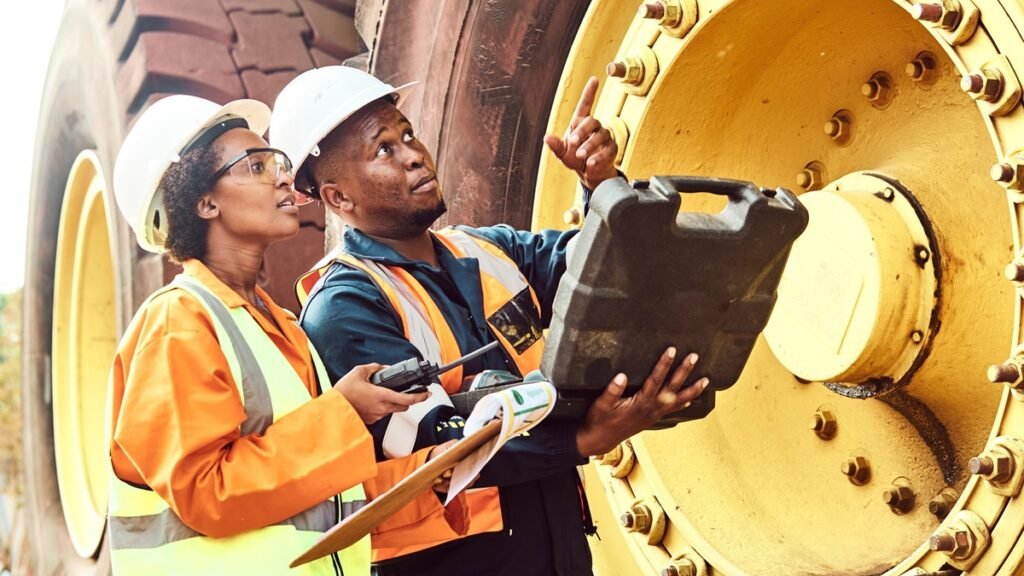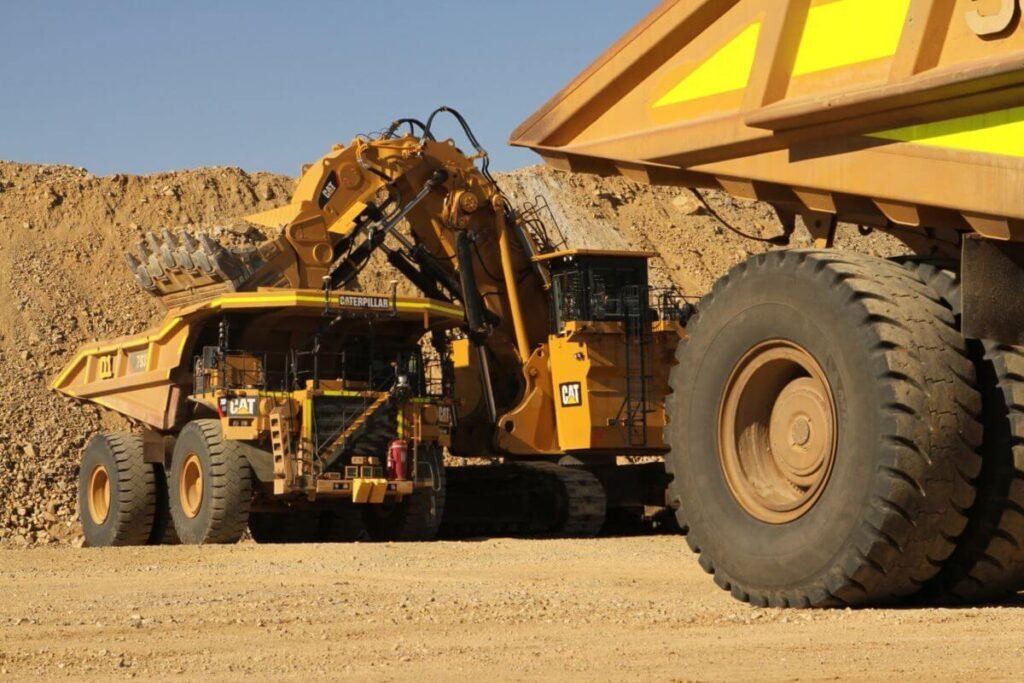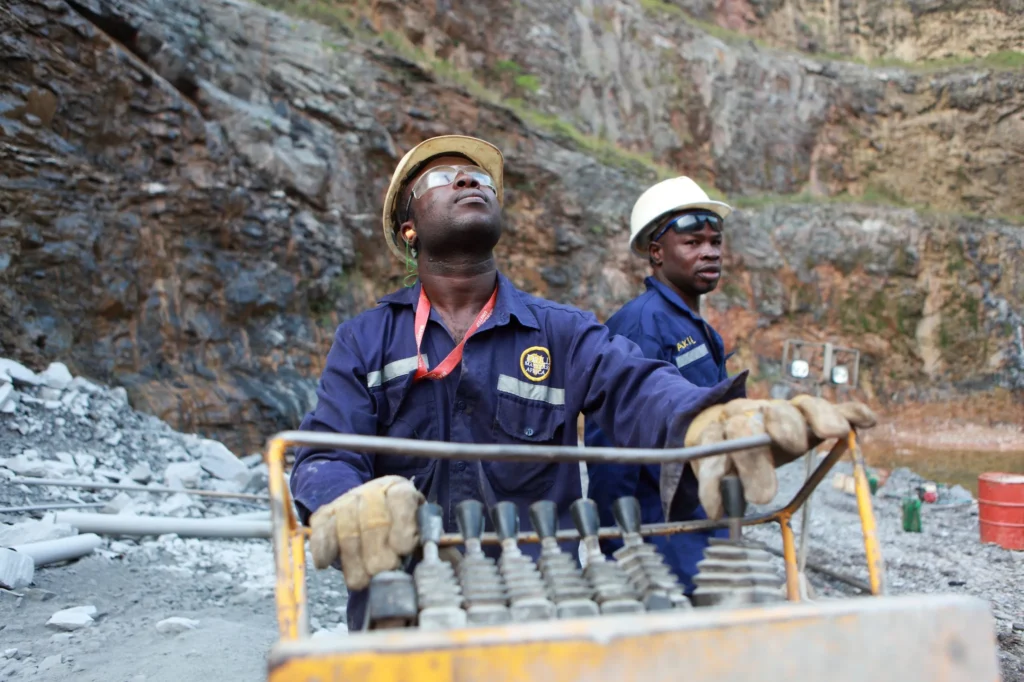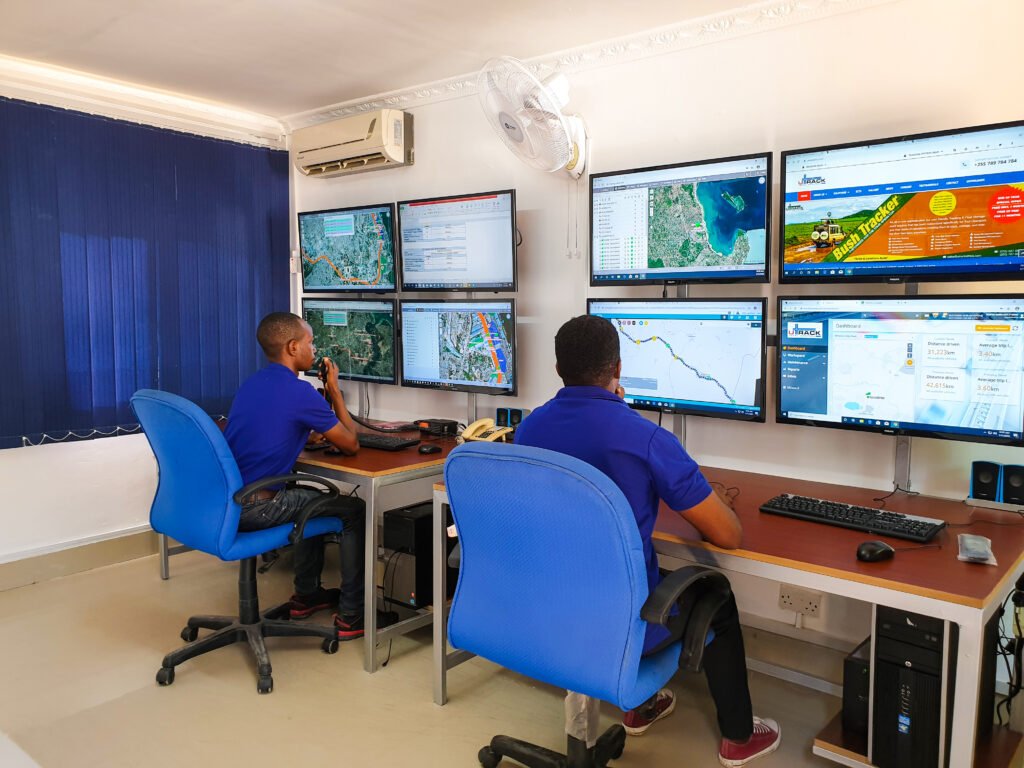Mining Contractors Africa

Mining contractors in Africa play a vital role in the exploration, development, and operation of mineral projects across the continent. From drilling and blasting to earthmoving and plant maintenance, these specialized firms deliver essential services that keep mines running efficiently and safely.
As Africa expands its role in global supply chains—especially for gold, copper, cobalt, lithium, and diamonds—contractors are key enablers of growth, innovation, and local employment.
1. Types of Mining Contractors in Africa
| Service Type | Key Activities |
|---|---|
| Drilling & Blasting | Core drilling, blast hole drilling, geotechnical surveys |
| Earthworks & Excavation | Overburden removal, pit development, road construction |
| Haulage & Load & Carry | Transporting ore and waste using trucks and loaders |
| Plant Operation & Maintenance | Crushing, screening, processing plant management |
| Underground Mining Services | Shaft sinking, stope development, ventilation |
| Dewatering & Infrastructure | Water management, power setup, camp construction |
These contractors serve both large-scale industrial mines and junior explorers.

2. Leading African and International Contractors
| Contractor | Headquarters | Key Regions |
|---|---|---|
| Barminco (Byrnecut) | Australia/South Africa | Underground mining – DRC, Ghana, South Africa |
| Murray & Roberts | South Africa | Engineering and shaft sinking across Southern Africa |
| Aveng Mining | South Africa | Open-cast and underground operations in SA, Zambia |
| Bosasa Mining Services | South Africa | Haulage, plant ops, logistics |
| Congo Construction & Mining (CCM) | DRC | Local contractor supporting major copper-cobalt mines |
| Sishen Iron Ore Contracting (SIORC) | South Africa | Iron ore and infrastructure projects |
| Geodrill Ltd | Canada/Africa | One of Africa’s largest drilling contractors – active in 10+ countries |
3. Economic and Strategic Importance
Mining contractors contribute significantly to:
- Local job creation – Employing thousands of skilled and semi-skilled workers
- Skills transfer – Training local crews in modern mining techniques
- Cost efficiency – Allowing mining companies to outsource non-core functions
- Project flexibility – Scaling up or down based on production needs
They also support smaller mining firms that lack in-house operational capacity.

4. Regional Hubs and Growth Areas
Southern Africa
- South Africa: Home to most large contractors; serves gold, platinum, coal sectors
- Zambia & Zimbabwe: Growing demand for contractors in copper and lithium mines
West Africa
- Ghana & Mali: High activity in gold exploration and production
- Guinea: Expanding bauxite and iron ore projects require heavy earthworks
Central Africa
- DRC: Booming copper-cobalt belt drives need for underground and surface contractors
5. Challenges and Future Outlook
Challenges:
- Equipment availability and spare parts shortages
- Security risks in frontier regions (e.g., Sahel, eastern DRC)
- Regulatory complexity across jurisdictions
- Competition from international firms
Opportunities:
- Rising investment in battery mineral projects (lithium, graphite, cobalt)
- Growth in local contracting capacity with government support
- Adoption of digital tools and automation for improved safety and precision

FAQs
Q1: What do mining contractors do in Africa?
A1: They provide outsourced services like drilling, hauling, excavation, and plant operation for mining companies.
Q2: Are there African-owned mining contractors?
A2: Yes—many mid-tier and local firms operate across West, Central, and Southern Africa.
Q3: How can a company hire a mining contractor in Africa?
A3: Through direct bidding, industry networks, or platforms like Mining Indaba, Africa Down Under, or national procurement portals.
Conclusion
Mining contractors Africa are the backbone of efficient and scalable mineral extraction. As the continent ramps up production of critical and precious minerals, these service providers will remain essential to safe, cost-effective, and sustainable operations.

